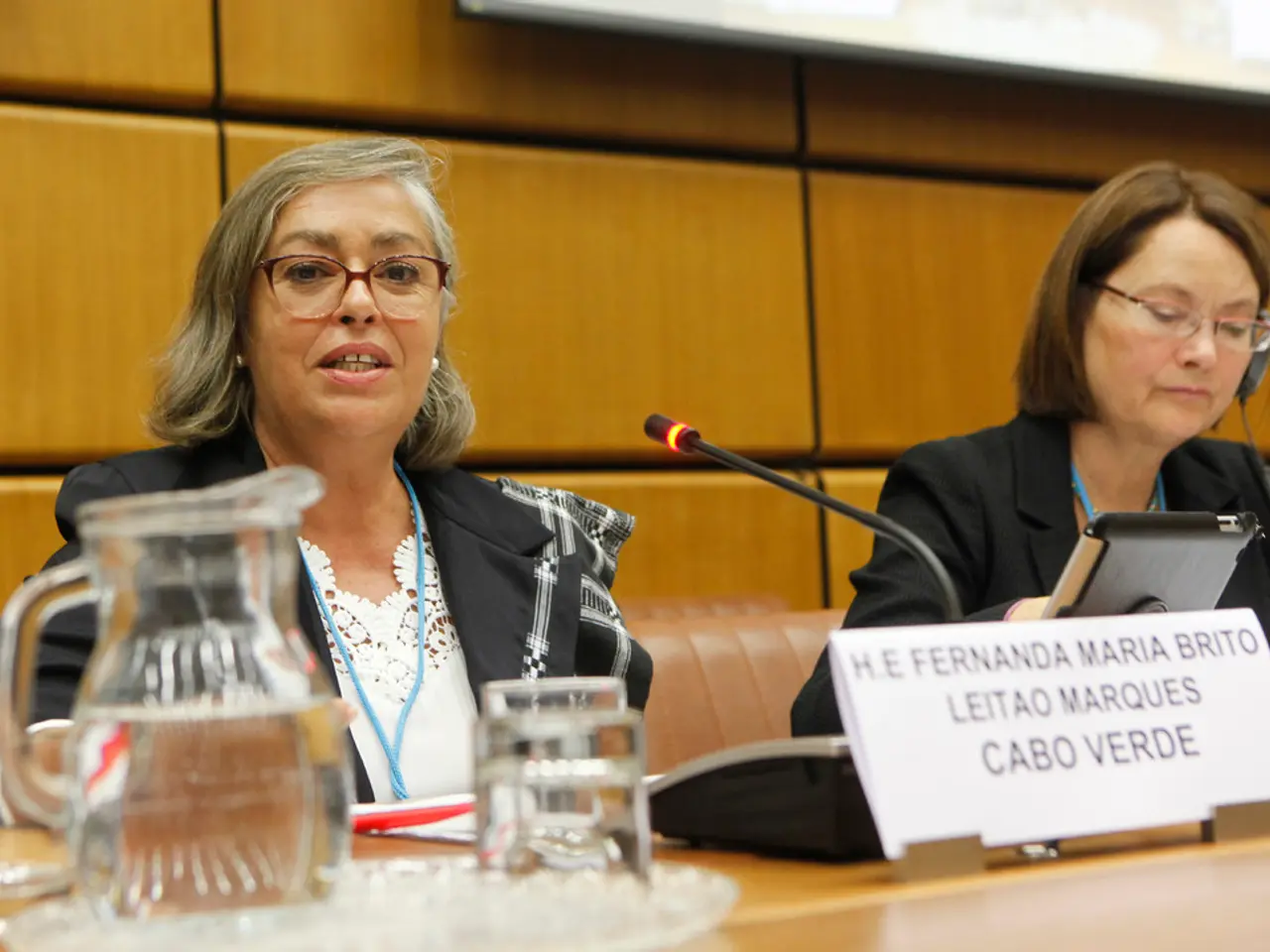Spacecraft Malfunction: Satellite Designed to Reduce Pollution Goes Offline
The Environmental Defense Fund (EDF) has announced that its MethaneSAT satellite, launched in March 2024 with backing from the Bezos Earth Fund, has gone silent and is unlikely to be recoverable. The satellite, designed to detect and monitor methane emissions globally, survived approximately 15 months in Earth's orbit before its power and communication were lost on June 20, 2025.
Methane, a potent greenhouse gas, traps 28 times more heat in Earth's atmosphere over a 100-year time period than carbon dioxide, according to the Environmental Protection Agency. The data from MethaneSAT would have made tracking and regulating emissions easier for both companies and regulators. The satellite helped pinpoint industrial sources of methane emissions, primarily those produced by the oil and gas industry.
Although the loss of MethaneSAT is currently under investigation, no clear cause has been determined. In the wake of this loss, the EDF is focusing on maximising existing data, employing alternative monitoring methods, and enhancing policy engagement.
EDF plans to continue processing the data it has retrieved from MethaneSAT, with plans to release additional images of regional-scale methane emissions from fossil fuel production over the coming months. Other satellites could make use of the assets developed by MethaneSAT to fill in the gap it left behind.
In addition to this, the EDF is resuming flights of MethaneAIR, an aircraft-based methane measurement project, over North American oil and gas regions. MethaneAIR serves as a complementary technology to track methane emissions from the air, providing actionable data in the absence of MethaneSAT.
The MethaneSAT team also plans to leverage the technology and expertise developed for MethaneSAT to support global access to high-quality greenhouse gas emissions data. EDF continues its leadership role in methane reduction policies internationally and collaborates with oil and gas companies committed to lowering methane pollution.
In summary, while there is no publicly confirmed direct replacement satellite yet, efforts are shifting toward maximising existing data, employing aircraft-based monitoring like MethaneAIR, and enhancing policy engagement. The MethaneSAT mission's technological achievements and data capabilities are expected to inform future missions and similar satellite projects designed to monitor methane emissions from space.
- Gizmodo reported that the EDF's MethaneSAT, which was launched with funding from the Bezos Earth Fund, has gone silent and is unlikely to be recoverable, despite its ability to detect and monitor global methane emissions.
- As a potent greenhouse gas, methane traps 28 times more heat in Earth's atmosphere over a 100-year time period than carbon dioxide, according to the Environmental Protection Agency.
- The data from MethaneSAT would have made tracking and regulating emissions easier for both companies and regulators, as it helped pinpoint industrial sources of methane emissions, particularly those produced by the oil and gas industry.
- The EDF is focusing on maximising existing data, employing alternative monitoring methods, and enhancing policy engagement in the wake of MethaneSAT's loss, with plans to continue processing the retrieved data and release additional images of regional-scale methane emissions.
- In addition to this, the EDF is resuming flights of MethaneAIR, an aircraft-based methane measurement project, over North American oil and gas regions, serving as a complementary technology to track methane emissions from the air.
- The MethaneSAT team plans to use the technology and expertise developed for MethaneSAT to support global access to high-quality greenhouse gas emissions data, in line with the EDF's international leadership role in methane reduction policies and collaborations with oil and gas companies committed to lowering methane pollution.




